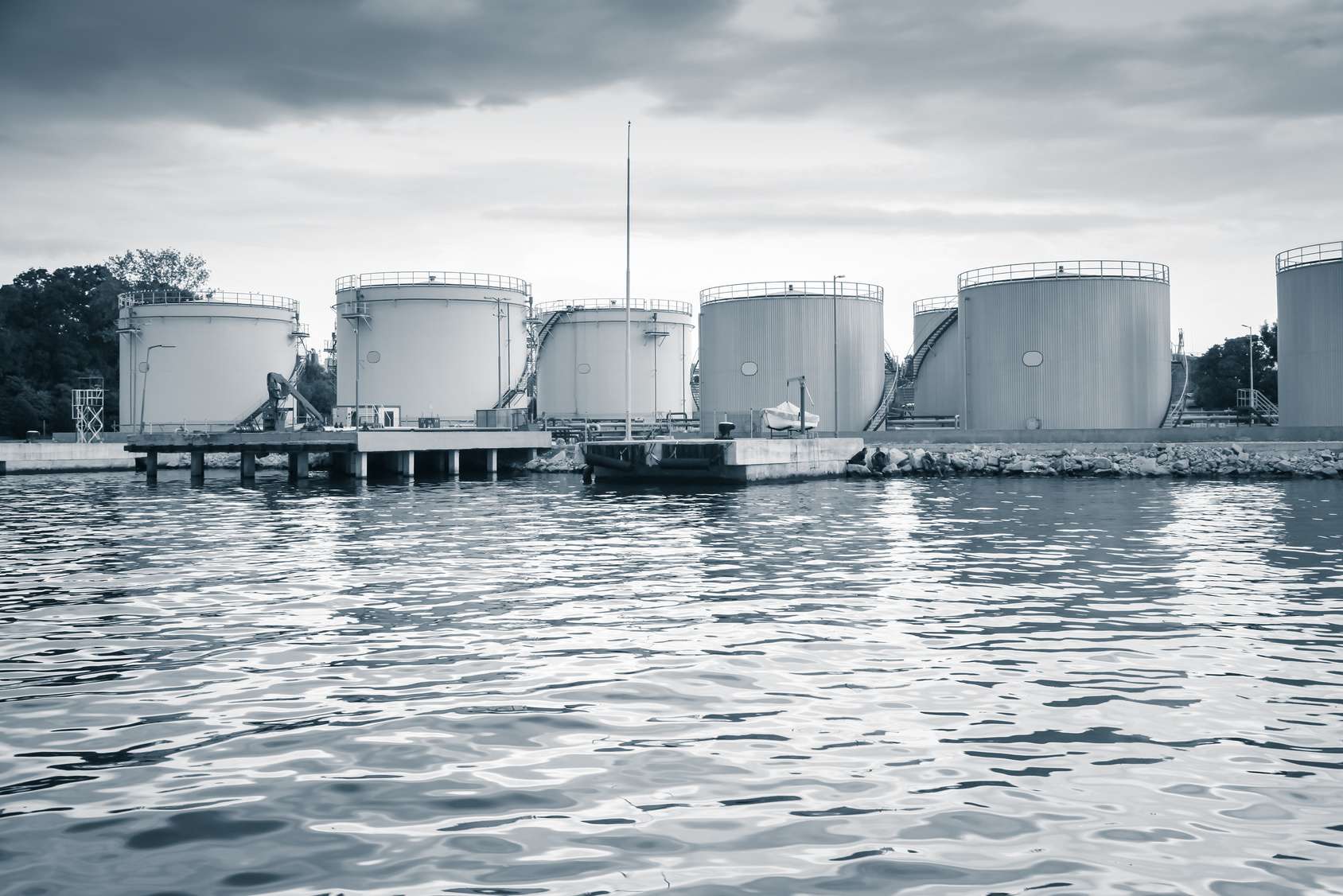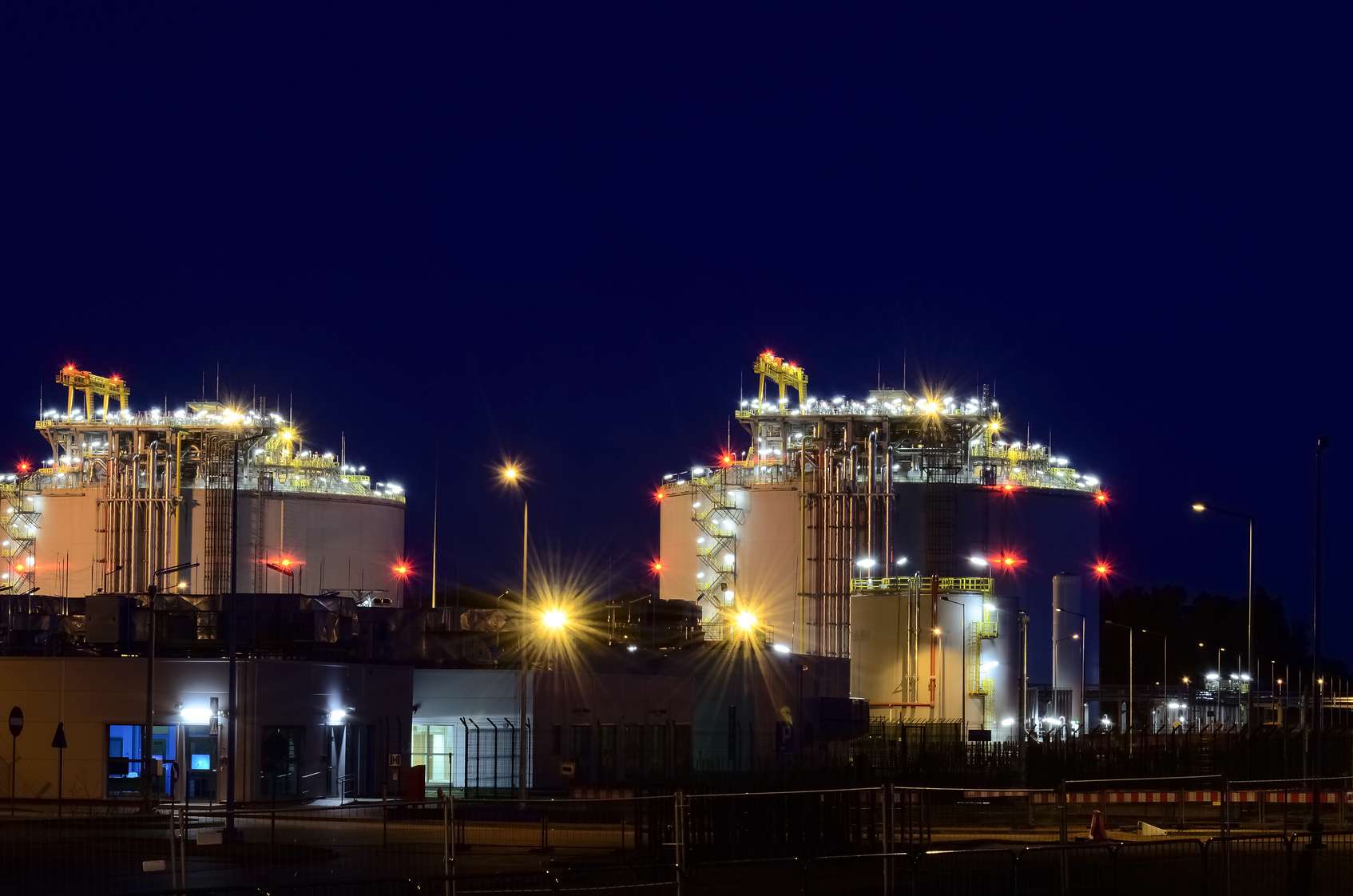Despite the strict conditions which the government attached to the bidding process, it was the Engro Corporation’s lowest bid which won them the right to both build and then run an LNG terminal.
This terminal has the capacity of handling 400m cubic ft. per day and isn’t protected by any kind of sovereign guarantee, meaning the risks are transferred to the investors according the Sheikh Imranul Haque, the CEO of Engro Vopak Terminal Ltd. He also went onto to say that it would be an airtight agreement as far as the government was concerned. He added that there were several clauses such as the one that bound the company to pay a hefty penalty of $150,000 per day should the construction time exceed the deadline. The government also reserved the rights to reclaim the terminal and take it over if Engro cannot run it to an acceptable standard. Sheikh Imranul Haque believes this is the fairest deal for all concerned.

The state run SSGC; Sui Southern Gas Company is receiving the gas into its system of pipelines and sent its recommendation for the final decision to the ECC; Economic Coordination Committee. Following the boards approval on the project a notice was sent to the stock exchange in February stating that certain, but unspecified, conditions had to be met before anything happened. This caused speculation within the industry that SSGC didn’t agree to the requirement called ‘take or pay’, which effectively meant that Engro still have to be paid if the LNG isn’t imported through their terminal. Haque said there should not be any confusion as the take or pay clause was included within the REP, request for proposal, document and not something that they inserted as it is what was on offer to bidders. The government previously in power came under extreme pressure over the similar protection which they offered to those who invested in powerful rental projects. Known as a capacity payment, the clause effectively meant the government were force to pay power producers for utilising the machinery at their minimum capacity. Industry officials, however, reckon that such safeguards as these remain vital considering the weak external and fiscal account position of the state. In years gone by, independent producers of power often didn’t have the money to buy the fuel needed to run their plants while they were waiting for payments from their customers; the power distribution companies which are state run.
The key point in Engro’s winning bid was them offering 66c per 1m British thermal unit as handling or toll charges. Awarded for 15 years, this will generate $1.5bn in revenue during this time span. Haque has spoken of this, saying that whilst the figure of $1.5bn looks huge on paper the fact that it is spread over so many years, and taking into consideration their initial investment, the return isn’t unjustified and that is actually less that the standard 17% which is offered to general power projects. He went onto say that those who criticise this toll charge aren’t giving any weight value of money in terms of time but the company has, so far, refused to make the size of their investment public. Haque added that the project design their competitors put into their bid was at least $30m more expensive than theirs and while they could easily have raise their bid they didn’t as Engro believes in playing fair.

Engro’s new LNG terminal will be Pakistan’s first and is to be situated at Port Qasim, this breakthrough follows a multitude of attempts at importing LNG which were all bogged down and eventually came to nothing due to transparency issues. Haque has said that a new jetty is to be built near the liquid terminal belonging to Engro Vopak which is already in existence. A ship boasting onboard storage and re-gasification plant tanks is to be hired from the US based company Excelerate Energy and will have a permanent berth at the jetty. Haque said that is the quickest way for them to meet their energy needs and that they have around 335 days in which to make the terminal ready for business once the agreement has been signed. The company itself will not be importing LNG, instead, the government will be using PSO; Pakistan State Oil, to bring in the supplies. Haque likes agreement and thinks it makes a lot of sense as everybody will be comfortable about a state organisation getting a sovereign guarantee to import LNG.
